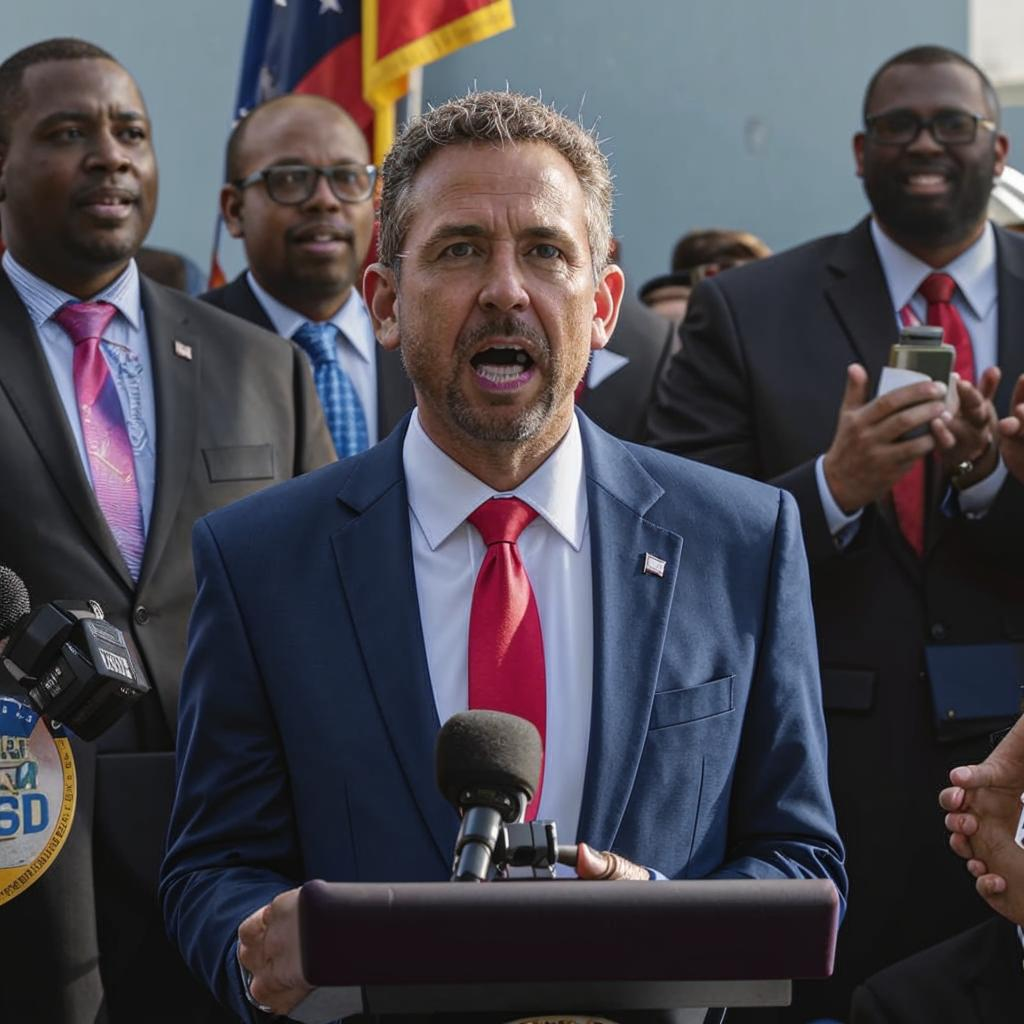America faces a growing healthcare affordability crisis. Millions of citizens struggle to access necessary medical care due to skyrocketing costs. Insurance premiums, deductibles, and out-of-pocket expenses are increasingly burdensome, placing immense financial strain on families.
The problem isn’t limited to the uninsured. Many with insurance still face significant financial hurdles when seeking treatment. High drug prices, particularly for life-saving medications, contribute substantially to the affordability challenge. Emergency room visits, often unavoidable, can lead to crippling debt.
This crisis disproportionately affects low-income individuals, minority communities, and those with chronic conditions. It forces difficult choices: delaying or forgoing treatment, skipping medications, and accumulating medical debt. The consequences extend beyond individual health, impacting productivity, economic stability, and overall well-being.
Efforts to address the affordability crisis include expanding access to affordable insurance, negotiating lower drug prices, and increasing transparency in healthcare pricing. Proposals like Medicare for All and strengthening the Affordable Care Act aim to provide universal coverage and reduce costs. However, political divisions and complex policy challenges hinder progress. Ultimately, a multi-faceted approach is needed to ensure that healthcare is a right, not a privilege, accessible to all Americans. This requires a commitment from policymakers, healthcare providers, and the pharmaceutical industry to prioritize affordability and equity. It is the only way for America to progress.















